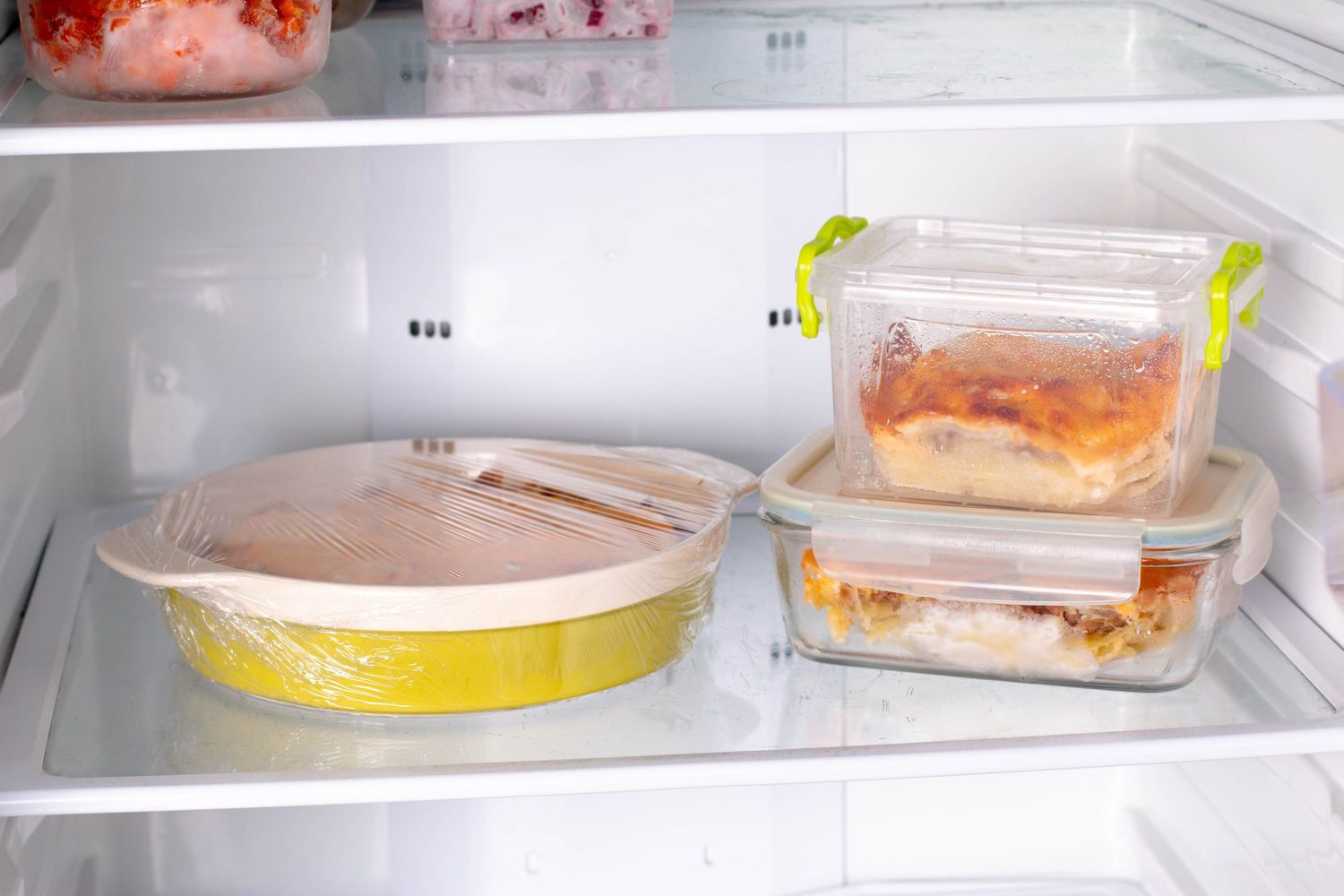

Articles
How Long Can Food Last In Freezer
Modified: January 6, 2024
Discover how long food can last in the freezer with our informative articles. Find tips and guidelines for safe freezing and storage.
(Many of the links in this article redirect to a specific reviewed product. Your purchase of these products through affiliate links helps to generate commission for Storables.com, at no extra cost. Learn more)
Introduction
Freezing food is a convenient and effective method of preserving its freshness and extending its shelf life. Whether you’re a busy individual looking to save time on meal preparation or someone who wants to reduce food waste, understanding how long different food items can last in the freezer is key.
By freezing food, you can lock in its nutrients and flavors, allowing you to enjoy seasonal produce all year round. Additionally, freezing can help you stock up on sales and bulk purchases, saving you money in the long run. However, it’s important to recognize that while freezing can prolong the life of food, it doesn’t make it last indefinitely.
In this article, we will explore the benefits of freezing food, factors that affect its shelf life in the freezer, recommended storage times for various food items, and essential tips for proper freezer storage. We will also discuss how to identify and prevent freezer burn, as well as the correct techniques for thawing frozen food.
So, whether you are a novice or experienced freezer user, read on to learn how to make the most out of this preservation method and ensure the quality and safety of your frozen treats.
Key Takeaways:
- Freezing food preserves freshness, extends shelf life, reduces waste, and offers convenient meal prep. Proper storage and thawing techniques are crucial for maintaining quality and safety.
- Understanding freezer storage times and proper thawing techniques ensures safe and delicious meals. Embracing the benefits of freezing food maximizes convenience and peace of mind.
Read more: How Long Can Butter Last In The Freezer
Benefits of Freezing Food
Freezing your food offers several advantages that make it a popular choice for many individuals and families. Here are some of the main benefits of freezing food:
- Preservation of Freshness: Freezing food effectively halts the growth of bacteria, molds, and yeast, preserving the freshness and quality of the food. This is especially beneficial for perishable items such as fruits, vegetables, and dairy products.
- Extended Shelf Life: By freezing food, you can extend its shelf life significantly. While the specific time varies depending on the type of food, freezing can often double or triple the length of time that the food remains safe and edible.
- Reduced Food Waste: Freezing unused portions of meals or leftover ingredients helps prevent food waste. Instead of letting food go bad and throwing it away, you can freeze it for later use, reducing both financial waste and environmental impact.
- Convenient Meal Preparation: Freezing food allows you to prepare meals in advance. This is particularly useful for busy individuals or families with hectic schedules. By prepping and freezing meals, you can save time and always have a delicious, home-cooked meal ready to go.
- Economical: Taking advantage of sales, buying in bulk, and freezing extra food can help you save money in the long run. You can stock up when items are on sale and avoid the need for frequent grocery store trips.
- Preservation of Nutrients: Freezing can help retain the nutritional value of certain foods. While some nutrients may degrade over time, freezing locks in a majority of the vitamins and minerals, allowing you to enjoy the health benefits of your favorite foods even after they’ve been frozen.
- Year-Round Access to Seasonal Produce: With freezing, you can enjoy your favorite fruits and vegetables no matter the season. By freezing fresh produce at its peak ripeness, you’ll have access to a wide variety of ingredients, even when they’re out of season.
- Preservation of Homemade Foods: If you enjoy making homemade sauces, soups, or baked goods, freezing them can be a convenient way to preserve your culinary creations. It allows you to enjoy your favorite homemade foods whenever you desire, without compromising on taste or quality.
With these benefits in mind, it’s clear that freezing food is a practical and advantageous option for anyone looking to preserve their groceries, reduce waste, and maintain a well-stocked kitchen.
Factors Affecting Food Shelf Life in the Freezer
While freezing can significantly extend the shelf life of food, it’s important to understand that certain factors can affect the quality and safety of frozen food. By being aware of these factors, you can optimize your freezer storage and ensure optimal freshness. Here are some key factors that influence food shelf life in the freezer:
- Temperature: The temperature of your freezer is critical in maintaining the quality of frozen food. It is recommended to keep your freezer temperature at or below 0°F (-18°C) to prevent the growth of bacteria and maintain the optimal texture and taste of the food. Regularly check the temperature to ensure it remains consistent.
- Quality of Food Before Freezing: The quality of food at the time of freezing plays a significant role in its shelf life. Freeze food at its freshest point to maintain its overall quality. Fresh, high-quality ingredients will result in better-tasting frozen food.
- Packaging: Proper packaging is crucial for preserving the quality of frozen food. Use airtight containers or freezer bags to prevent freezer burn and to minimize exposure to air, which can lead to moisture loss and flavor degradation. Label the packages with the name and date of freezing to keep track of storage times.
- Type of Food: Different foods have varying freeze tolerance. Some foods freeze well and maintain their quality, such as fruits, vegetables, meat, poultry, and seafood. However, certain foods, like lettuce, cucumbers, and eggs in the shell, do not freeze well and may have significant texture and taste changes.
- Freezing Time: The time it takes to freeze the food can impact its quality. The faster the freezing process, the better the texture and taste of the frozen food. Divide large portions into smaller ones and spread them out on baking sheets before transferring them to airtight containers or bags to promote rapid freezing.
- Freezer Organization: Proper organization within the freezer can make a difference in food quality. Arrange food items in a way that allows for efficient air circulation and easy access. Rotate older items to the front and place newer items towards the back to ensure everything gets used within recommended storage times.
- Thawing and Refreezing: Each time you thaw and refreeze food, you risk compromising its quality and safety. It is best to plan ahead and only thaw the amount of food you intend to use. If you need to refreeze leftovers, make sure they are cooked thoroughly before freezing again to minimize any potential safety risks.
By considering these factors and implementing proper storage techniques, you can maximize the shelf life and maintain the quality of your frozen food, ensuring that it remains safe and enjoyable to consume.
Recommended Freezer Storage Times for Different Food Items
While freezing can help preserve the quality of food, it’s important to note that every type of food has a recommended storage time in the freezer. Adhering to these guidelines ensures that the food remains safe to consume and maintains its optimal quality. Here are some general recommendations for freezer storage times:
- Fruits and Vegetables: Most fruits and vegetables can be stored in the freezer for 8 to 12 months. However, certain fruits like citrus fruits and berries may have a shorter freezer life.
- Meat, Poultry, and Seafood: Raw meat, poultry, and seafood can be stored in the freezer for several months. Ground meat and poultry can be frozen for 3 to 4 months, while larger cuts like steaks and roasts can last 6 to 12 months. Fish and shellfish can be kept for about 3 to 6 months.
- Dairy Products: Butter and margarine can be stored in the freezer for up to 12 months. Cheese can be frozen for 4 to 6 months, but keep in mind that the texture may change slightly after thawing. Milk can also be frozen for around 3 to 6 months, but it’s best to transfer it to a container with extra space to allow for expansion.
- Baked Goods: Baked goods like bread, cookies, and muffins can last in the freezer for 2 to 3 months. It’s important to wrap them tightly in plastic wrap or place them in airtight containers to prevent moisture loss.
- Soups and Stews: Soups and stews can be stored in the freezer for 2 to 3 months. Divide them into individual portions or family-size portions for easy reheating.
- Prepared Meals: Prepared meals, such as casseroles and pasta dishes, can generally be frozen for 2 to 3 months. To maintain the texture, slightly undercook the pasta before freezing.
- Nuts and Seeds: Nuts and seeds can be stored in the freezer for up to 6 months to maintain their freshness and prevent them from turning rancid.
- Herbs: Fresh herbs can be frozen for 6 to 12 months. Consider freezing them in ice cube trays with a little water or olive oil for easy portioning.
It’s important to note that these are general recommendations, and specific freezing times may vary based on the quality of the food, packaging, and freezer conditions. Always use your best judgment and pay attention to any changes in appearance or texture when determining if frozen food is still safe to consume.
By following these guidelines, you can make the most of your freezer storage and enjoy delicious, high-quality food even months after it has been frozen.
To maximize the shelf life of food in the freezer, make sure to package it in airtight, freezer-safe containers or bags to prevent freezer burn and maintain quality. Always label items with the date they were frozen to keep track of their freshness.
Tips for Proper Freezer Storage
Proper freezer storage is essential for maintaining the quality, safety, and longevity of your frozen food. Following these tips will help ensure that your food stays fresh and delicious for as long as possible:
- Package Food Appropriately: Use airtight containers or freezer bags to store your food. This helps prevent freezer burn and keeps out excess moisture, which can degrade the quality of frozen food.
- Label and Date: Always label your frozen packages with the name of the food and the date it was frozen. This helps you keep track of storage times and ensures that you use the oldest items first.
- Divide and Conquer: If you have large portions of food, divide them into smaller portions before freezing. This allows for faster freezing and easier portioning when it comes time to use the food.
- Remove Excess Air: When using freezer bags, squeeze out any excess air before sealing them. This helps prevent freezer burn and maintains the quality of the food.
- Freeze Foods at Peak Freshness: Freeze fruits and vegetables at their peak ripeness to preserve their flavor and nutritional value. This ensures that you’ll have access to delicious produce even during the off-season.
- Organize Your Freezer: Keep your freezer organized by grouping similar items together. This makes it easier to find what you need and ensures that nothing gets forgotten and goes to waste.
- Practice FIFO (First-In, First-Out): When adding newly frozen items to your freezer, push older items to the front. This way, you’ll use the older items first and avoid them getting freezer burn or becoming too old to enjoy.
- Avoid Overcrowding: It’s important not to overcrowd your freezer as it can hinder proper air circulation and slow down the freezing process. Allow space between items for efficient freezing and to prevent them from sticking together.
- Keep a Freezer Inventory: Consider keeping a list of the items stored in your freezer. This helps you keep track of what you have and avoid unnecessary duplication or food waste.
- Regularly Check and Maintain Temperature: Regularly monitor and maintain the temperature of your freezer to ensure that it remains at or below 0°F (-18°C). This helps keep the food safe and maintains its quality.
By following these tips, you can ensure that your frozen food stays fresh, flavorful, and safe to consume for an extended period. Proper freezer storage practices not only help prevent food waste but also allow you to enjoy a variety of delicious meals at your convenience.
Read more: How Long Can Bacon Last In The Freezer
Signs of Freezer Burn and How to Prevent It
Freezer burn is a common occurrence that happens when frozen food is exposed to air. It can affect the quality and taste of the food, resulting in a dry, discolored, and unappetizing appearance. By recognizing the signs of freezer burn and taking proper preventative measures, you can avoid this issue and ensure the freshness of your frozen food.
Here are some signs to look out for when identifying freezer burn:
- Changes in Texture: Freezer-burned food often develops a dry, shriveled, or leathery texture. This is due to moisture loss caused by the exposure of the food to air.
- Discoloration: Another common sign of freezer burn is the appearance of whitish or grayish patches on the surface of the food. These areas may feel dry to the touch and have a different color compared to the rest of the food.
- Off Odor or Flavor: Freezer-burned food may have a stale or off odor and taste. This is a result of the oxidative damage that occurs when the food is exposed to air for an extended period.
To prevent freezer burn and maintain the quality of your frozen food, consider these helpful tips:
- Properly Package the Food: Use airtight containers or freezer bags to protect your food from air exposure. Ensure that the packaging is sealed tightly to prevent the entry of any air.
- Remove Excess Air: Before sealing freezer bags, squeeze out as much air as possible. This reduces the chance of freezer burn and helps maintain the moisture content of the food.
- Use Freezer-Safe Wrapping: If you’re using traditional plastic wrap, make sure it is freezer safe. Regular plastic wrap may not provide sufficient protection against freezer burn.
- Avoid Overcrowding: Leave enough space between food items in the freezer to allow for proper air circulation. Overcrowding can hinder the freezing process and increase the likelihood of freezer burn.
- Label and Date Packages: Always label your frozen items with the name and date of freezing. This will help you keep track of the storage time and ensure that you use the oldest items first.
- Use a Frost-Free Freezer: If possible, consider investing in a frost-free freezer. These appliances circulate air and reduce humidity levels, which can help prevent freezer burn.
- Check and Maintain Freezer Temperature: Regularly monitor the temperature of your freezer to ensure it remains at or below 0°F (-18°C). Fluctuating temperatures can contribute to the development of freezer burn.
- Avoid Freeze-Thaw Cycles: Repeatedly thawing and refreezing food increases the risk of freezer burn. Thaw only the amount of food you need and consume it within a reasonable timeframe.
By following these preventative measures, you can minimize the occurrence of freezer burn and keep your frozen food in optimal condition. It’s important to note that while freezer burn affects the texture and appearance of food, it is generally harmless to consume. However, if the freezer burn is severe or the food has an off odor or taste, it’s best to discard it to ensure safety and enjoyment.
Proper Thawing Techniques
Thawing food properly is just as important as freezing it correctly, as it helps maintain the quality and safety of the food. Improper thawing can lead to bacterial growth and compromise the taste and texture of the food. To ensure that your food thaws safely and remains delicious, follow these proper thawing techniques:
- Refrigerator Thawing: Thawing food in the refrigerator is the safest method, as it keeps the food at a consistently cold temperature. Simply transfer the frozen item to a plate or container and allow it to thaw in the refrigerator for the recommended amount of time. This cooling process takes more time, but it preserves the quality of the food and helps prevent bacterial growth. Keep in mind that larger items, like whole poultry or roasts, may take several days to thaw completely in the refrigerator.
- Cold Water Thawing: If you need to thaw food quickly, you can use the cold water thawing method. Place the frozen food in a leak-proof plastic bag and submerge it in cold water. Change the water every 30 minutes to ensure that it stays cold. Be sure to use this method only for small packages of food that can be thawed within a couple of hours, as it is less safe and exposes the food to the risk of bacterial growth.
- Microwave Thawing: The microwave can be used for rapid thawing but should be done carefully to avoid partially cooking the food. Follow the microwave’s manufacturer instructions for defrosting, as the settings and power levels vary. It is important to continue cooking the food immediately after thawing to ensure it reaches a safe temperature throughout.
- Cooking from Frozen: Certain foods can be cooked straight from frozen, bypassing the need for thawing. This method is especially suitable for small cuts of meat, such as thin steaks or fish fillets. However, note that cooking from frozen may require slightly longer cooking times compared to thawed food.
- Avoid Room Temperature Thawing: Never thaw food at room temperature, as it allows the outer layer to reach an unsafe temperature while the center remains frozen. This creates ideal conditions for bacterial growth and increases the risk of foodborne illnesses.
When thawing food using any method, it’s important to handle and store it correctly to ensure food safety:
- Place the food on a plate or in a container to catch any drips or juices that may leak during thawing.
- Keep raw meats separate from other foods to prevent cross-contamination.
- Thawed food should be used promptly. Do not refreeze food that has been thawed, unless it has been cooked thoroughly.
- If planning to marinate the thawed food, make sure to do so in the refrigerator rather than at room temperature.
By following these proper thawing techniques and safe handling practices, you can ensure that your food thaws safely and maintains its quality, while minimizing the risk of foodborne illnesses. Always prioritize food safety when thawing, and enjoy your delicious meals with peace of mind!
Conclusion
Freezing food is a valuable tool for extending the shelf life of various food items, reducing waste, and ensuring that you always have a convenient and delicious meal option on hand. By understanding the benefits of freezing, the factors that affect food shelf life in the freezer, and following proper storage and thawing techniques, you can make the most out of this preservation method.
Freezing food offers numerous advantages, including the preservation of freshness, extended shelf life, reduced food waste, convenient meal preparation, and economical savings. It allows you to access seasonal produce all year round, preserve homemade foods, and maintain the nutritional value of your favorite ingredients.
Factors such as temperature, food quality before freezing, packaging, type of food, freezing time, freezer organization, and proper thawing techniques all play a crucial role in maintaining the quality and safety of your frozen food. By understanding and implementing these factors, you can optimize the preservation of your food and prevent issues like freezer burn.
It is important to be aware of the recommended freezer storage times for different food items to ensure that you use them within their optimal quality period. Proper freezer storage practices, including appropriate packaging, labeling, and organization, help maintain food freshness and allow for easy meal planning and preparation.
Lastly, proper thawing techniques are essential for maintaining the taste, texture, and safety of the food. Whether using refrigerator thawing, cold water thawing, microwave thawing, or cooking from frozen, it is crucial to follow proper food handling practices to prevent bacterial growth and ensure food safety.
In conclusion, by embracing the benefits of freezing food, understanding the factors that affect food shelf life in the freezer, following proper storage and thawing techniques, and prioritizing food safety, you can maximize the quality, versatility, and convenience of your frozen food. With these practices in place, you’ll have peace of mind knowing that your freezer is stocked with safe and delicious options for every meal.
Frequently Asked Questions about How Long Can Food Last In Freezer
Was this page helpful?
At Storables.com, we guarantee accurate and reliable information. Our content, validated by Expert Board Contributors, is crafted following stringent Editorial Policies. We're committed to providing you with well-researched, expert-backed insights for all your informational needs.

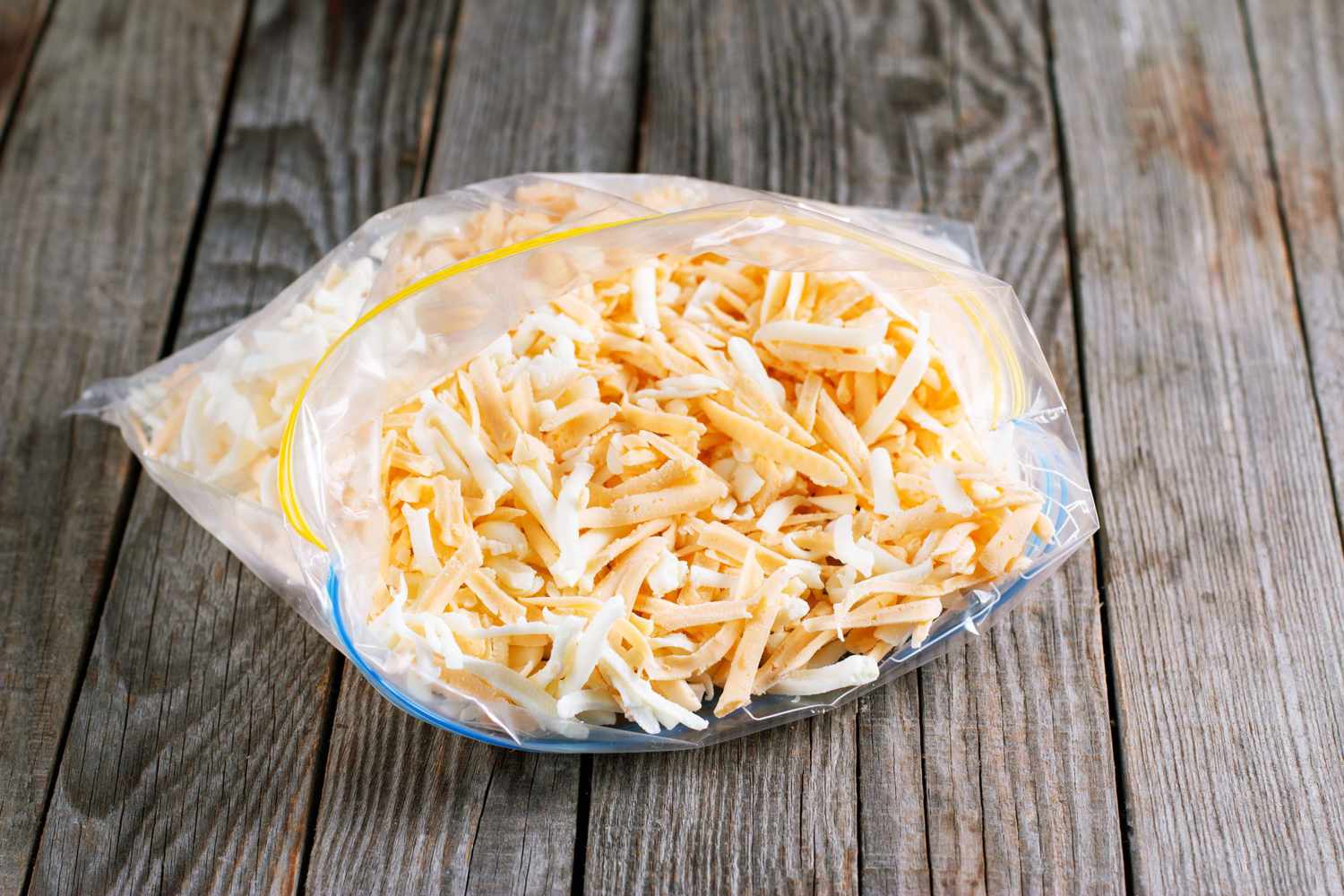
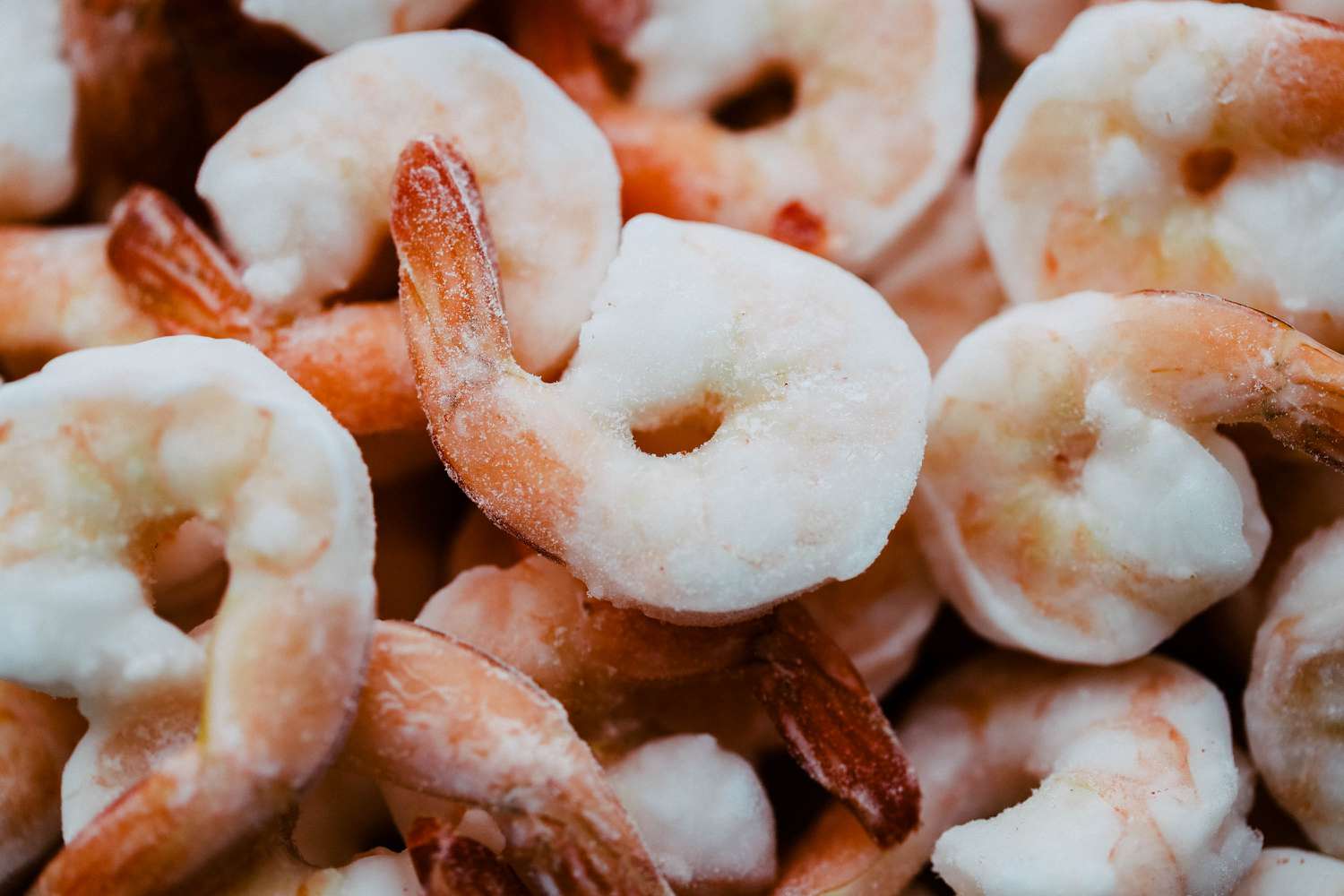

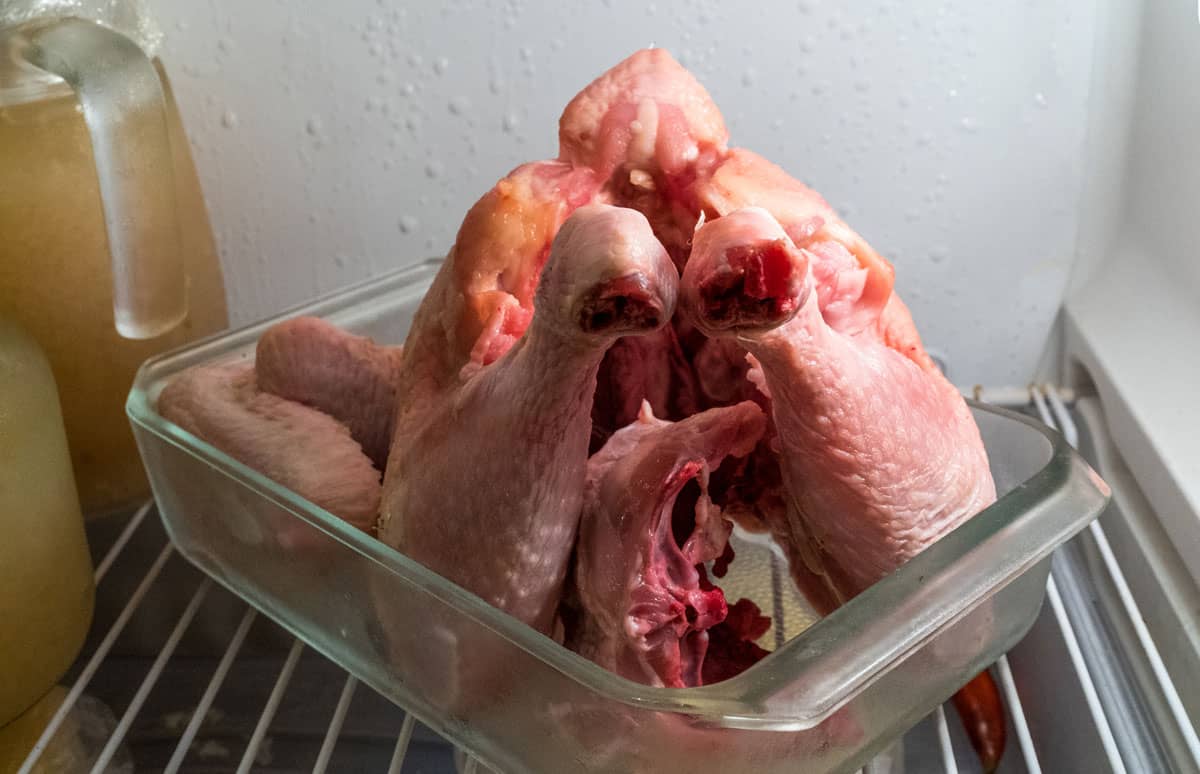
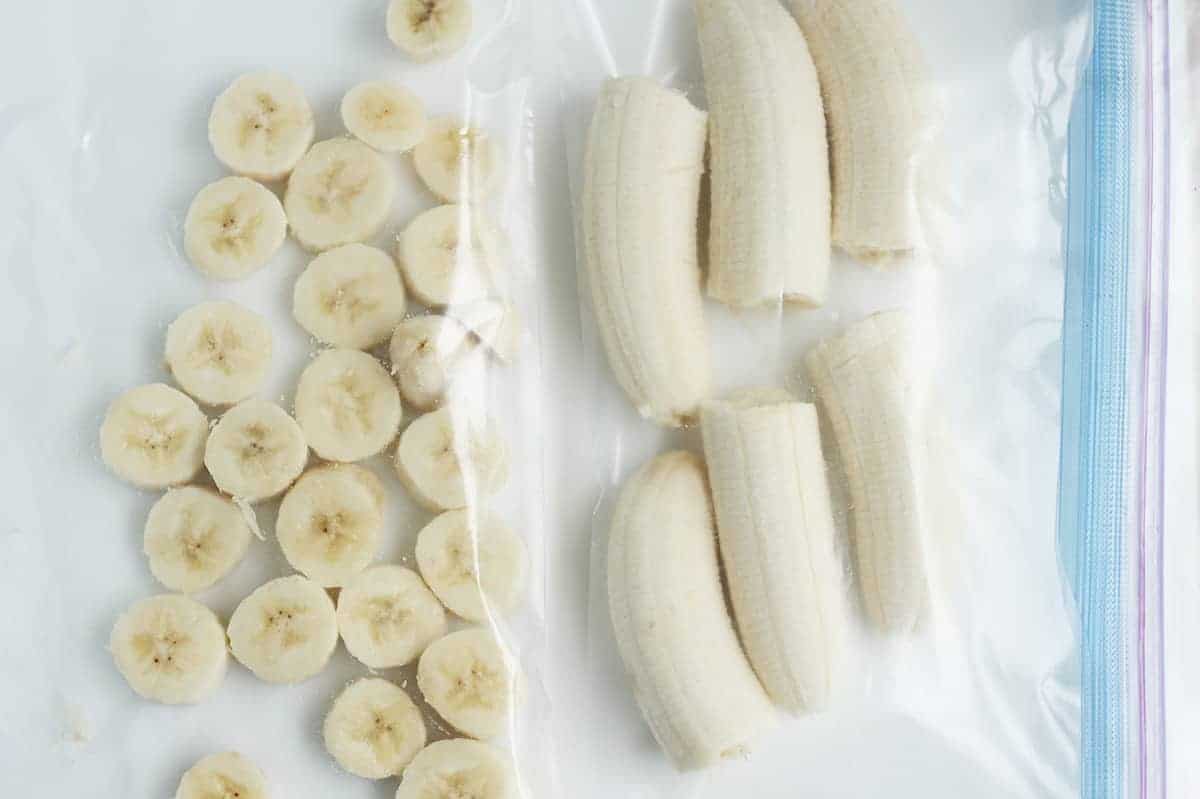
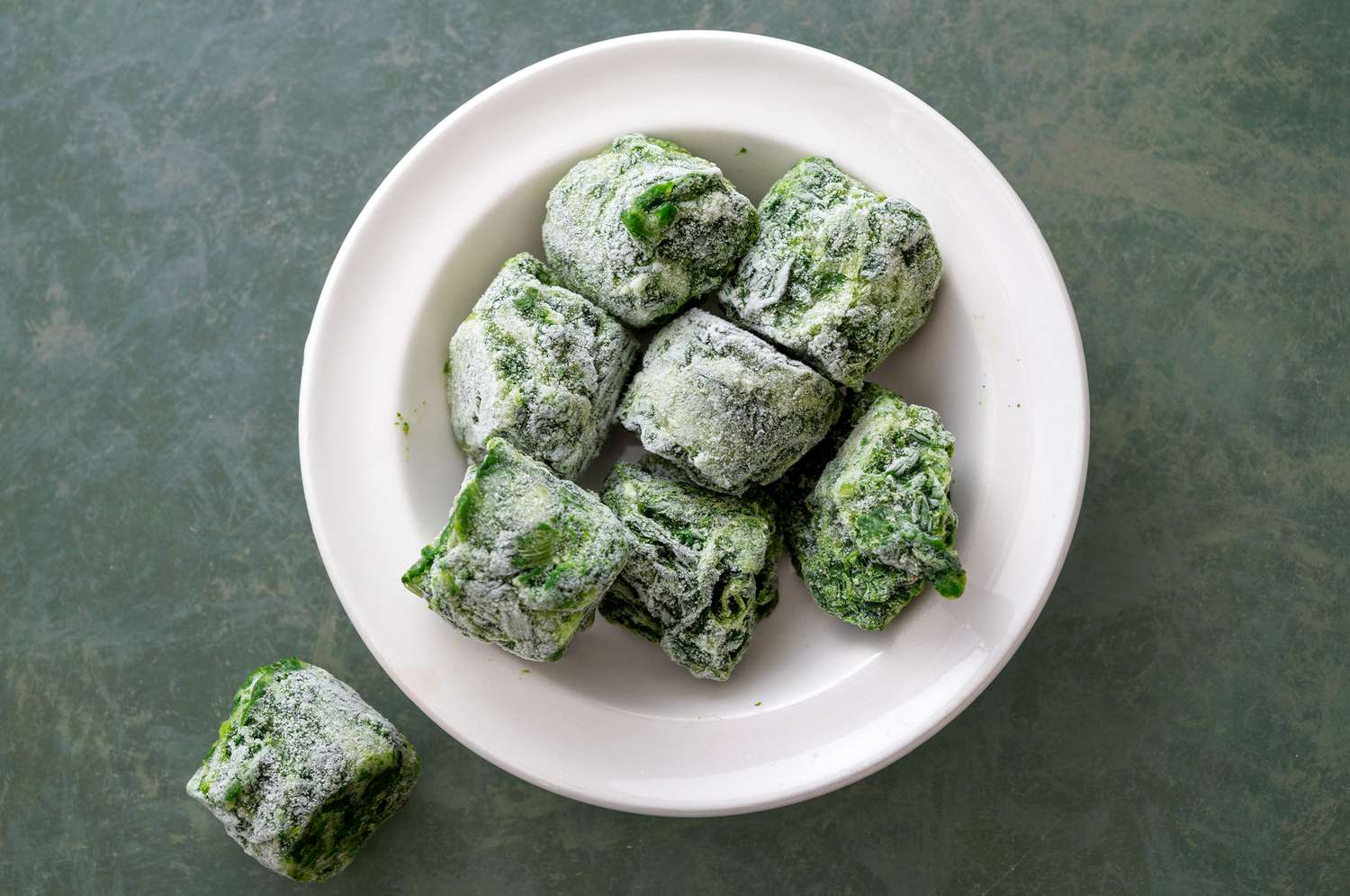
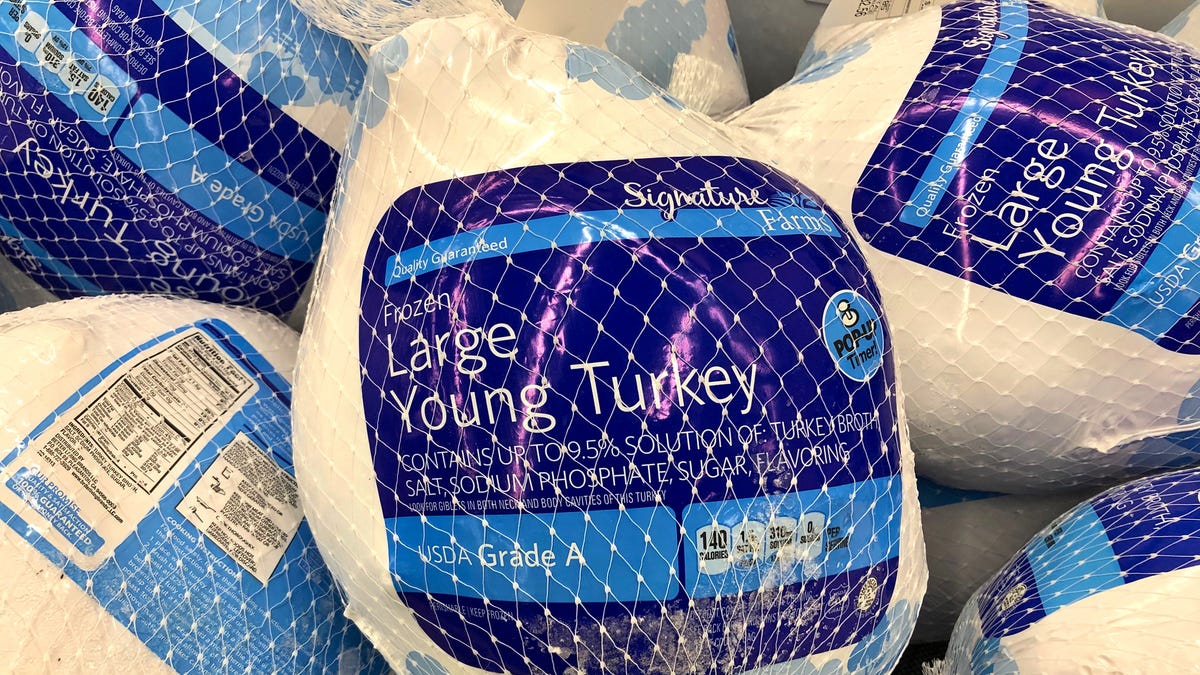
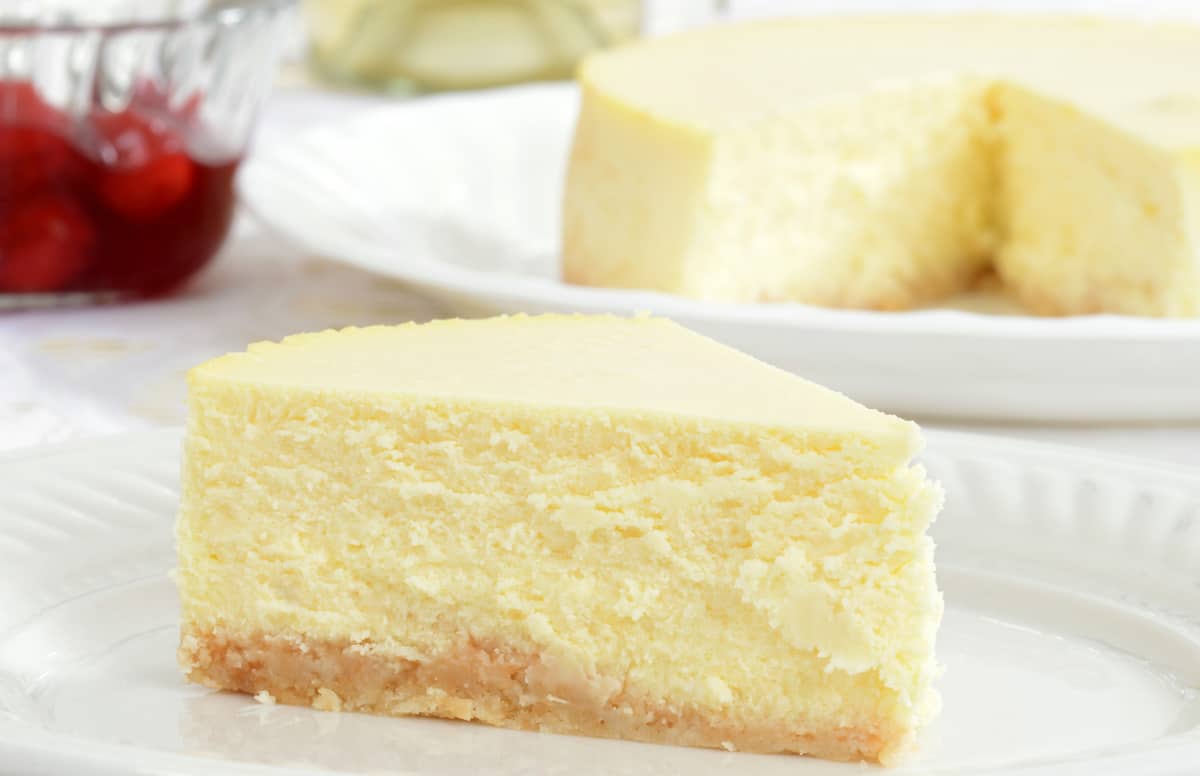
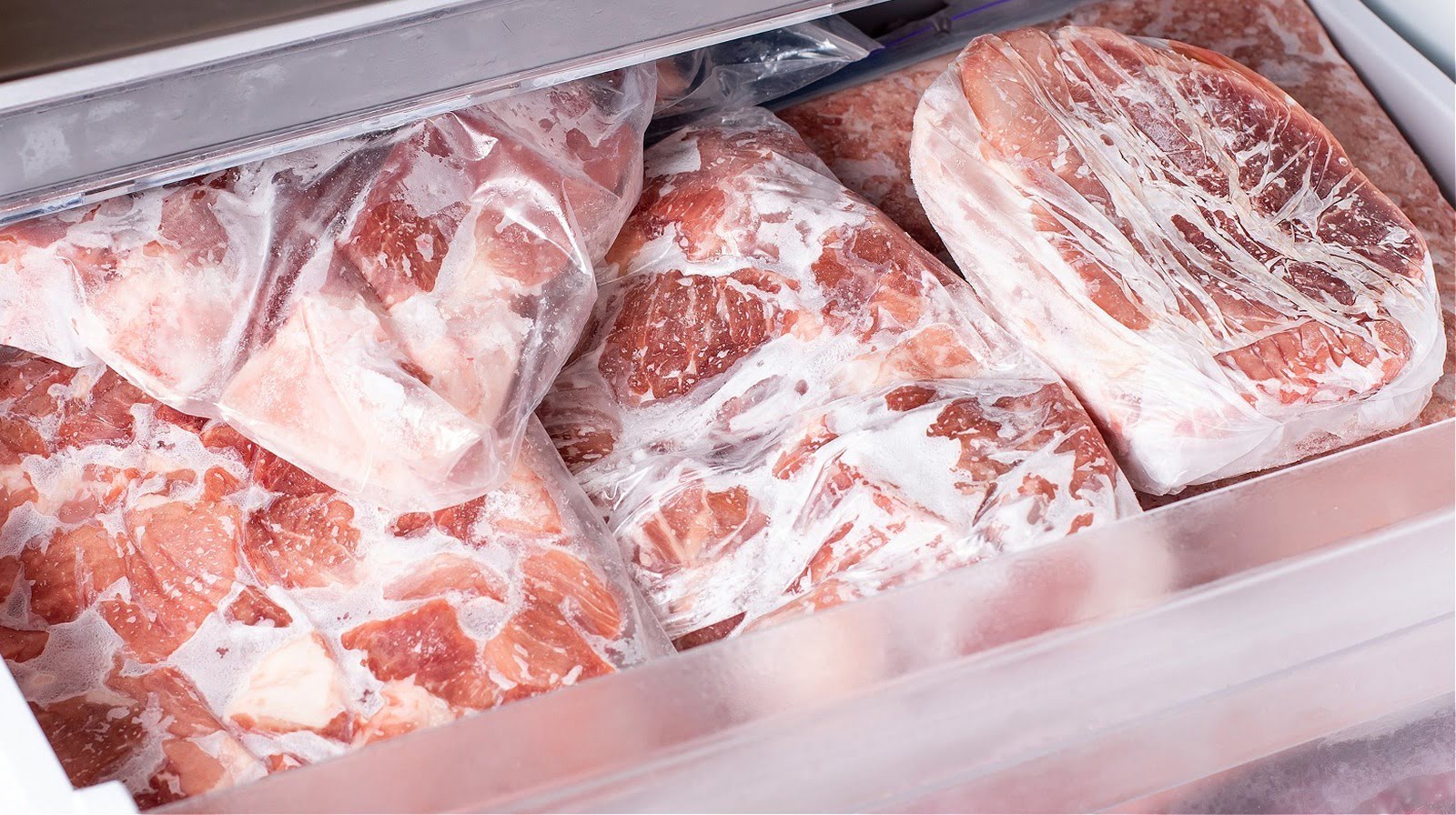
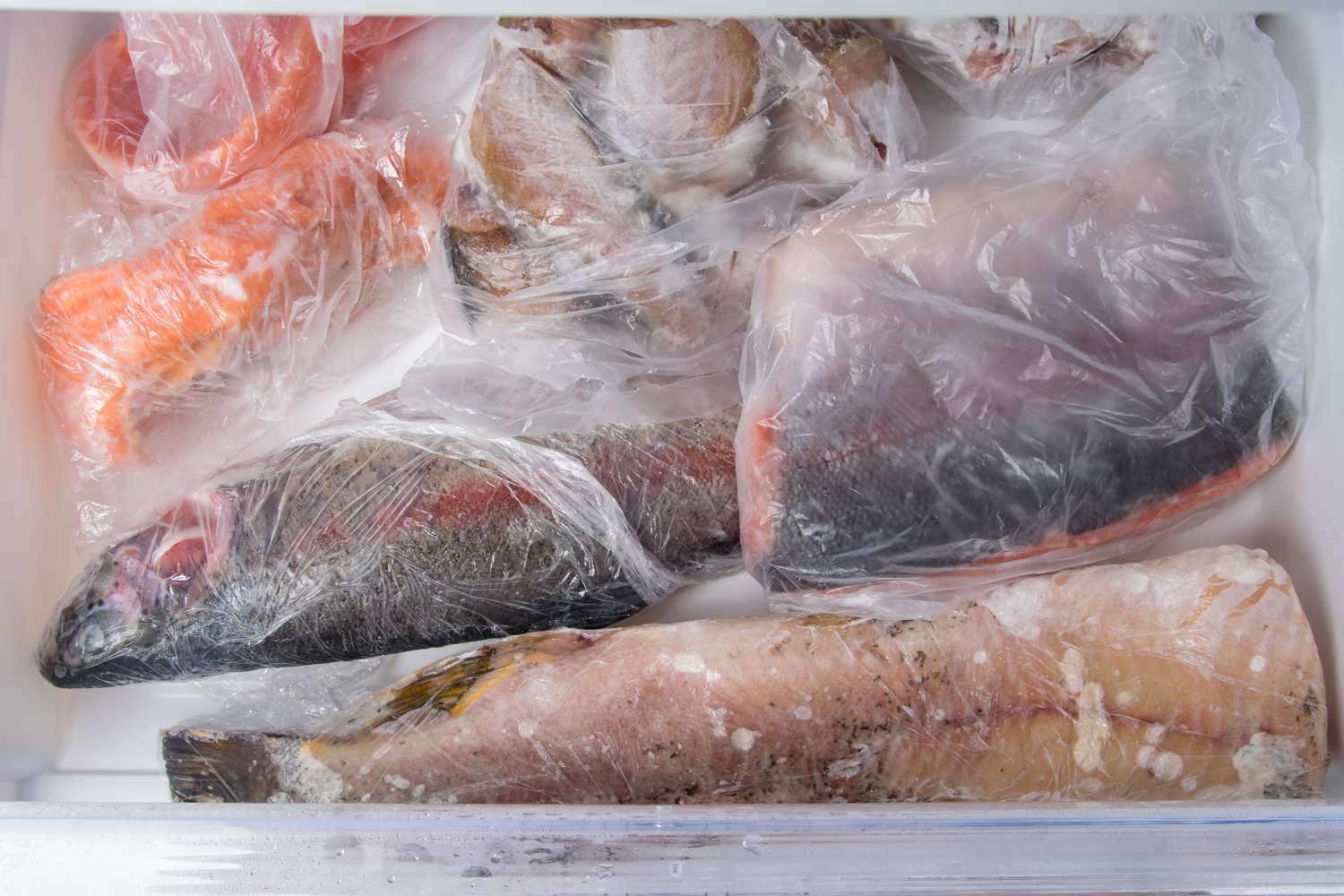

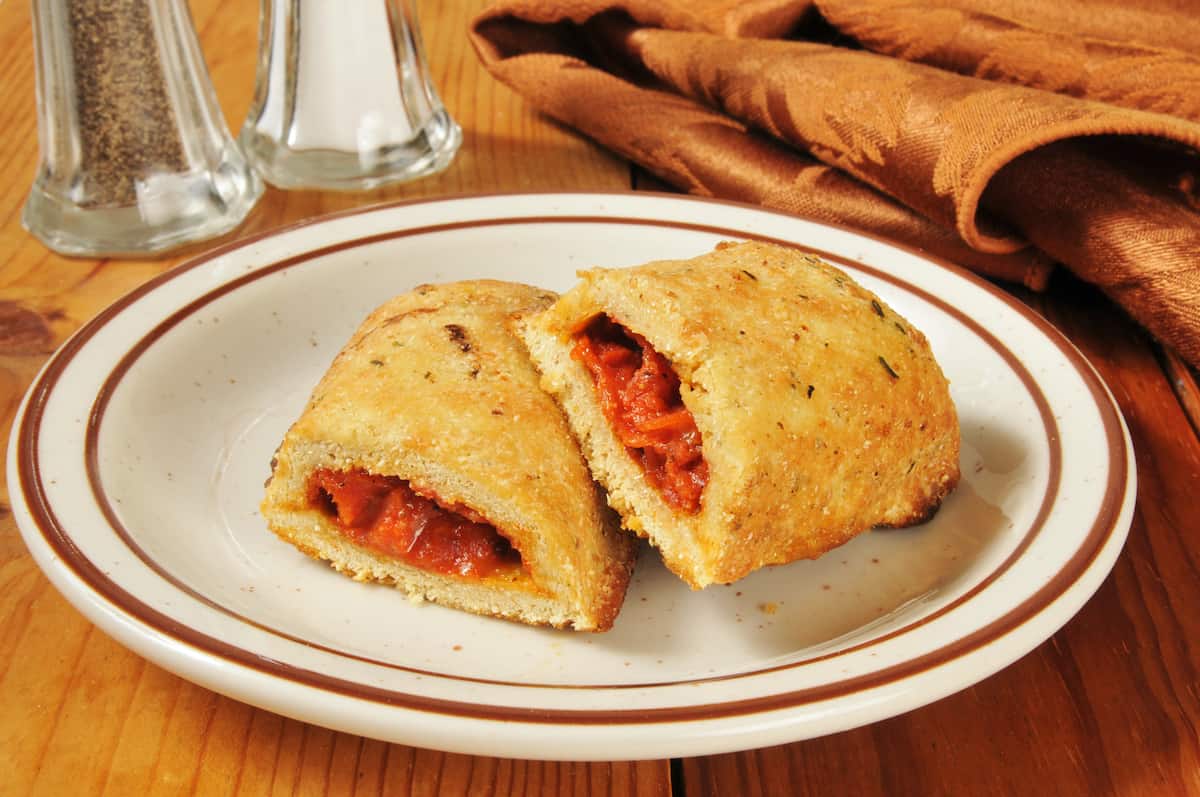
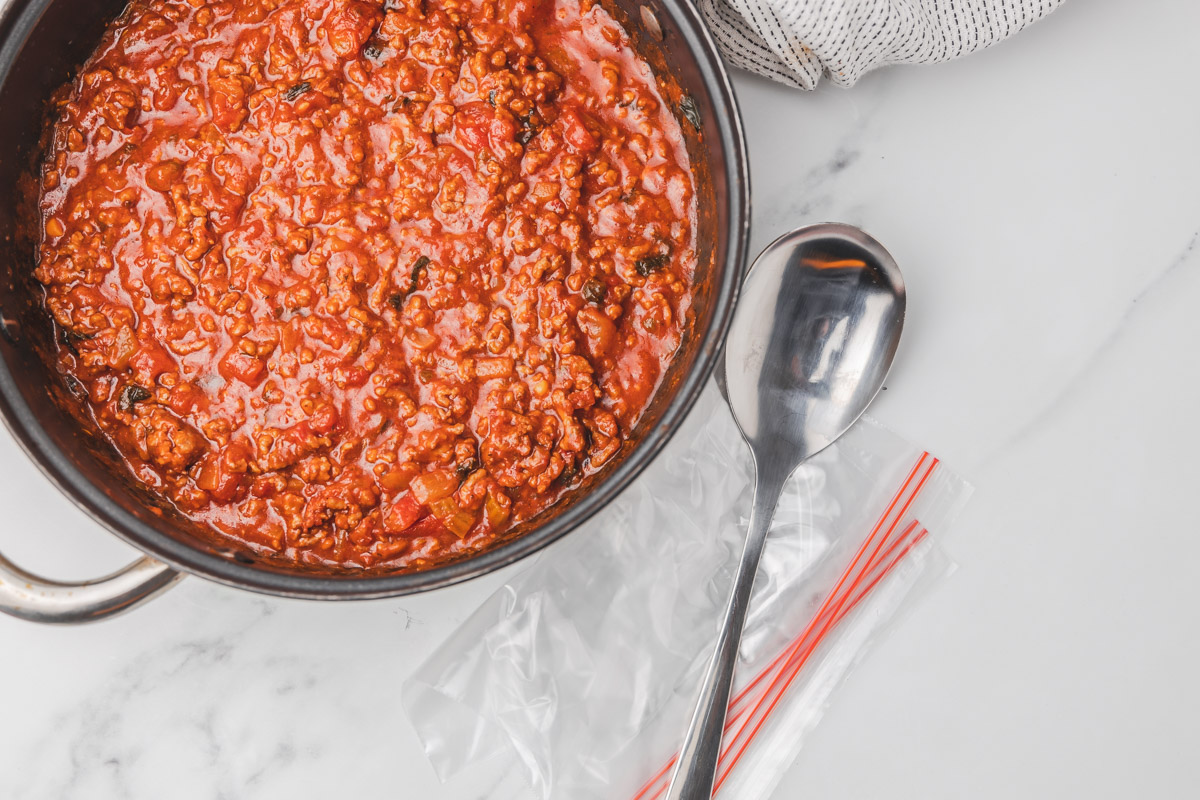

0 thoughts on “How Long Can Food Last In Freezer”